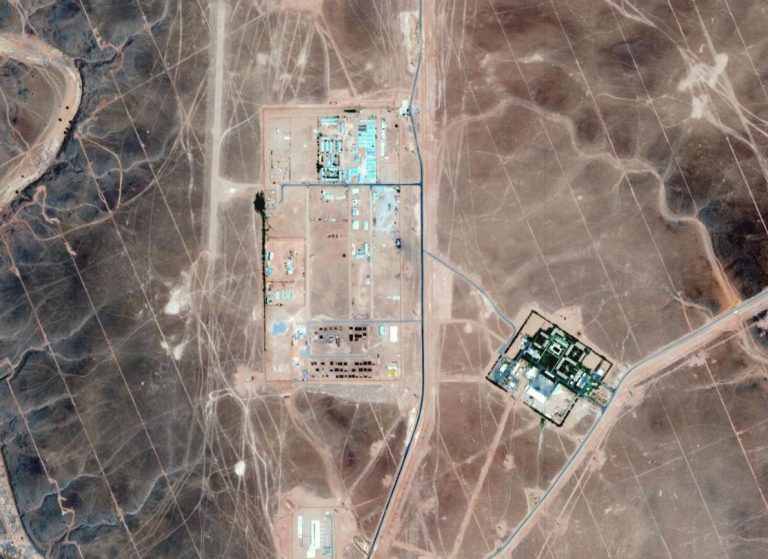As Libya continues to navigate through its phase of economic reconstruction and modernisation, the introduction of generative Artificial Intelligence (AI) stands as a beacon of innovation, offering profound opportunities to reshape the business landscape. Here are three strategic tools that leaders in Libya need to consider when adopting this transformative technology, to ensure both the empowerment of their workforce and the enhancement of operational efficiencies.
1. Strategic Integration of AI Across Business Functions
Generative AI can be a pivotal force in transforming business operations, offering solutions that streamline processes, enhance decision-making, and foster innovation. Libyan business leaders should focus on embedding AI strategically across various functions:
- Customer Engagement and Retention: Similar to how elite travel loyalty members benefit from AI-driven personalized experiences, Libyan businesses, especially in sectors like tourism and retail, can use generative AI to understand and predict customer preferences and behaviours, offering tailored services that enhance customer loyalty and retention.
- Financial Services Innovation: Drawing inspiration from the European banking sector’s adaptation to AI, Libyan financial institutions can utilise AI to navigate complex regulatory landscapes and manage risks more effectively. Generative AI can assist in providing personalised financial advice, automating back-office operations, and enhancing security measures, thereby increasing profitability and competitiveness.
- Healthcare Transformation: As in the case of global health services, generative AI in Libya could revolutionize patient care by improving diagnostic accuracy, customizing treatment plans, and managing patient data across systems. This would not only improve patient outcomes but also optimize resource allocation across healthcare facilities.
2. Building AI-Driven Workforce Capabilities
For generative AI to be effectively integrated into Libyan businesses, a well-prepared workforce is essential. Leaders must invest in comprehensive training and development programs to equip employees with the necessary skills to work alongside AI technologies. This involves:
- Continuous Learning and Development: Implementing ongoing training programs that help employees understand and adapt to AI tools, ensuring that the workforce is not only proficient in using new technologies but also capable of leveraging AI to enhance their work.
- Redefining Roles: As AI takes over routine tasks, employees’ roles will evolve to focus more on managing AI operations and making strategic decisions based on insights generated by AI. Leaders must proactively manage this transition, ensuring clear communication and support for employees through these changes.
3. Ensuring Robust Data Governance and Ethical AI Use
The successful deployment of generative AI requires rigorous attention to data governance and ethical considerations. Leaders must establish robust frameworks that ensure data accuracy, security, and privacy. Additionally, ethical AI use must be a cornerstone of AI strategies to maintain public trust and compliance with international standards.
- Data Security and Privacy: Implementing advanced security measures to protect sensitive information against breaches and ensuring compliance with global data protection regulations.
- Ethical AI Frameworks: Developing and adhering to ethical guidelines that govern the use of AI, ensuring that AI systems are transparent, fair, and accountable, and that they do not perpetuate biases or make discriminatory decisions.
Conclusion
For Libya, the era of generative AI offers a pathway to accelerated economic growth and enhanced sectoral performance. By focusing on strategic integration, workforce development, and robust governance, Libyan leaders can harness the potential of AI to drive innovation and competitiveness. As the country moves forward, the adoption of AI will not only redefine existing industries but also empower the Libyan economy to thrive in the digital age, aligning with broader national goals of development and prosperity.





